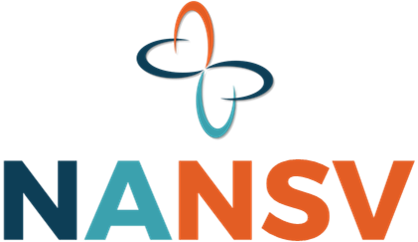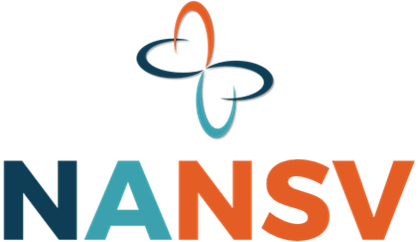One comment, made by a mid-size city’s Communications Director, illustrates these conditions. She said, “We feel like kind of an ‘add-on’ here. For whatever reason, some of the departments seem to want us kept at arm’s length. It’s a ‘don’t call us, we’ll call you’ thing.” She and others saw this is as a missed opportunity, and she seemed to speak for her peers when adding that her office “could do so much more to help [our government] than just creating graphics, compiling newsletters, and issuing press releases, but I guess that’s hard for [our colleagues] to see.”

What Do Local Government Leaders Think About Communications?
Local Government Communications Series – Chapter One

“I really wish my City Manager could hear this,” one city’s Communications Director told us one morning on the way to the 2023 3CMA Annual Conference floor.
She was referring to our discussion about weaving Communications departments’ expertise into the fabric of local government services, decisions, and delivery. This “integration,” or “comprehensive involvement” through close, on-going collaboration with public-facing functions in strategic, consultative, and tactical roles. It’s working “with” rather than “for” them, in a “one team” relationship that enables executives to “know” key populations, provide what they need, create positive experiences, reach and inform them, and influence behaviors.
In the first post in this series, we summarized the major benefits of integration. We’ll go into more detail about “how” in future posts, but for now it suffices to say it can help:
- Assure relevant, timely, quality services are available, accessible, and used
- Increase cost-effectiveness, delivering results at lower “total government” costs
In our “side discussions” at the conference, most attendees said they didn’t have a significant degree of integration. They told us that more often than not, Communications is seen by others as tactical function tasked with designing, producing, and distributing messages on behalf of administrators and departments (some said there were departments that didn’t engage them at all, using their own resources to reach the public). In other words, the “outsider’s” impression is that Communications exists to “spread the word,” after the “important” work has been done.
We didn’t have the time to dive into what “so much more” means, but she was right in her thinking. The “minimalist” views held by some administrations and executives leading public-facing functions are misguided. When they “think small” about how to use their governments’ resident Communications expertise, they’re less likely to be actively listening and responding to their diverse constituencies. The relevance, quality, and efficacy of their services will suffer as a result, and these governments may also end up heaping unnecessary costs on taxpayers.
In contrast, leaders who see recognize the full potential of Communications teams partner to research, learn, and strategize, and effectively connect with constituents. They don’t guess or “go it alone,” but capitalize on resident expertise and use it in deliberations, decisions, and actions. They’re able to better understand, prioritize, and design services that meet community and specific population segments’ needs, improve interactive experiences, develop widespread awareness, and elicit desired responses, resulting in significantly greater cost-effectiveness.
Given these results, it’s important to ask why some local governments aren’t integrating their Communications departments. We asked this in our conversations, and heard:
- Colleagues are unaware they can use dedicated internal Communications services
- They don’t realize Communications’ full scope and depth of expertise
- They fail to recognize the value proposition of integration
- Some don't respect Communications as a field (and their opinions are firm)
- Communications functions aren’t given the resources, so they limit themselves
When one or more of the above conditions are true, integration just isn’t happening. And, as explained above (and recognized by the professionals we spoke to at the conference), this is a significant opportunity lost. The only remedy is to change the mindsets that control leaders’ perceptions and the budgets that fund Communications departments. This is largely a job for Communications organizations themselves, and it starts with being able to make the case and articulate the “ask.” Stay tuned for the next several articles in this series – they’ll help with this!
Author's Note
A question lingers for us: Which situation prevails in local governments? At this point, we can only draw from what we heard during and after the conference, while also recognizing the awards some localities received for exceptional examples of collaboration. Although it seems unlikely given the number of discussions we had, it’s possible our sample, while random, ended up skewing towards people whose teams are under-utilized, and more governments are “up to speed” on integration than it seems. That’s why we want you to tell us your experiences.
We have a few humble requests for our readers. Please:
- Read the introductory post to this series for an overview of our concept of integrating Communications in local governments
- Liberally share this post with your colleagues and peers, your administrators, department directors, etc. (see links up top)
- Give us your feedback and keep checking back for our next installment on how a strong Communications function can make government better
- If you have questions or just can’t wait to get through this series, contact us by clicking on the button below
Read Other Posts

















